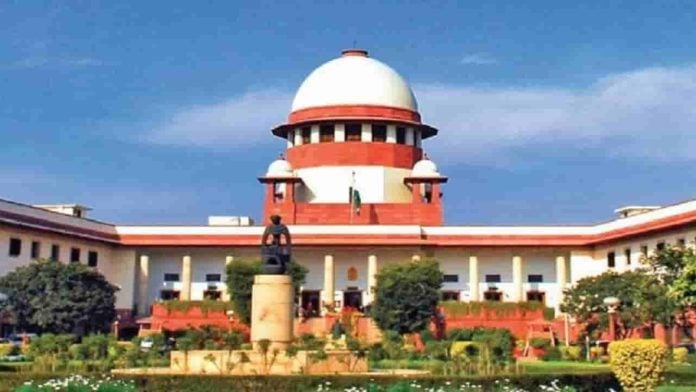The Supreme Court has said that off late, the public interest litigation (PIL) petitions have been increasingly employed as an instrument of blackmail to target infrastructure projects, particularly in Delhi and Mumbai.
A bench of Chief Justice of India (CJI) DY Chandrachud and Justice PS Narasimha noted that whenever a PIL is filed targeting a particular property, the High Court is often aware why the party has approached the court.
The court remarked that the PILs could become an instrument of blackmail when it is an issue of an infrastructure project. This actually makes a plank to target such projects.
The court further said that the High Court has actually smelled the rat here. This is happening across in Delhi, Mumbai, etc
The Apex Court, has therefore upheld a Bombay High Court order which imposed fine of Rs one lakh on a society for filing a PIL for motivated reasons without any public interest.
The petitioner in the case Sarthi Seva Sangh had moved the High Court challenging redevelopment of a plot at Worli.
The High Court had directed the petitioner to produce a copy of its Memorandum of Association after the society said that its aim was to promote ecology.
While going through the memorandum, the High Court found that promoting ecology was not the society’s object .
The High Court could make out that the petitioners had not approached the Court with clean hands and dismissed the PIL with Rs one lakh costs.
This promoted the present appeal before the Supreme Court.
The Supreme Court has agreed with the High Court, stating that the idea of the PIL was to target project and the High Court had sensed.
In such cases of redevelopment projects, another competitor is behind such petitions and they join with other builders, the bench observed.
CJI said that I have sat across many such cases before the Bombay court.
The Court, therefore, upheld the order of the High Court.
While concluding the top Court said that the cost imposed by the High Court has to be paid. It is a misuse of the judicial time. Cost has to follow the cause


